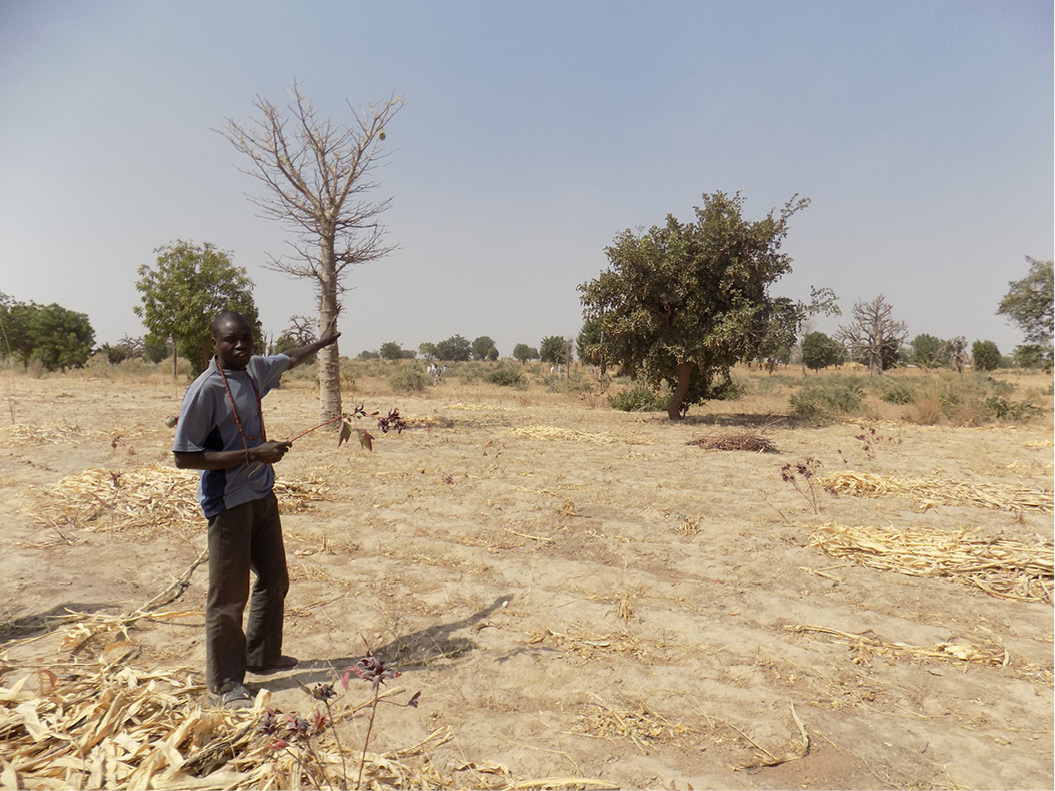Erratic rainfall sparks fear of poor, late harvest
….experts call for more heat, draught resilient seeds Farmers are concerned that the 2020 rain-fed season is being marred by erratic rainfall from the onset. This time last year crops were already flourishing in farms but for this year, many are struggling to begin planting as the rain is yet to fully establish in many […]

Farmers fear erratic rainfall may delay harvest this year
….experts call for more heat, draught resilient seeds
Farmers are concerned that the 2020 rain-fed season is being marred by erratic rainfall from the onset.
This time last year crops were already flourishing in farms but for this year, many are struggling to begin planting as the rain is yet to fully establish in many places including the Federal Capital Territory (FCT) and Nasarawa State.
Some are also troubled that what they have planted withered due to absence of rain in the last 15 days.
“I have planted about 50kg of groundnut but due to absence of rain for 15 days, many of the seeds could not germinate and those that germinated withered away,” a farmer, Odu Audu, in Doma Nasarawa State told Daily Trust.
“I don’t have money to buy new seeds. The seeds are even more expensive. A measure of groundnut now costs N800” as against the N450 sold in February,” he said.
Like him, many farmers in some parts of the state are facing the same problem, prompting calls for draught resistant seeds in the face of increasingly difficult and changing weather.
“Last year, I had to buy rice seed twice because of this kind of problem. I’m facing the same thing this year again. The worst thing, I don’t have money,” a young farmer, Francis Ali, said.
Speaking on the expected late harvest, Yakubu Sunday in Masaka, Karu area of Nasarawa State said: ‘’Imagine we’re heading to May ending, yet maize and groundnut, which are early crops in most places are just emerging from the ground when they are supposed to be approaching flowering stages.
“I have to look for early maturing (60 days) seeds for my farm. But the prices have gone up this year. A Kg last year was N400, but this year, they are talking N600 and in some places even N800,” he said.
Experts said desertification; global warming and other climate-change associated issues are making life difficult for smallholder farmers in the face of collapsed extension service delivery system that could have helped them mitigate the effects.
Last year experience many rice farmers suffered because they planted several times in the same field because most of the seeds did not survive erratic rainfall and the excessive heat.
Dr Salisu Ahmed Gusau, who has 41 years experience in the sector and retired as a director with the Federal Ministry of Agriculture and Rural Development, said government should fund research institutes to develop the seeds that suit our changing climate, especially in the north.
“I must tell you that in Nigeria, farmers lose their crops to this kind of erratic rainfall a lot. For example in Gusua on Saturday it rained heavily. With kind of rain a farmer is supposed to plant, but our climate here is not like that of Abuja. You will be surprised that for the next one month, you may not have heavy rain as we had on Saturday and if you go and plant, there is terrible heat here, the moment the moisture dries from the soil, the plant will die.
“I know that last year and two years back, people lost their crops a lot. Last year, I had to plant twice. In fact, I had to plant my rice three times. Seriously, this is an issue that government needs to intervene because it all depends on your seeds,” he said.
